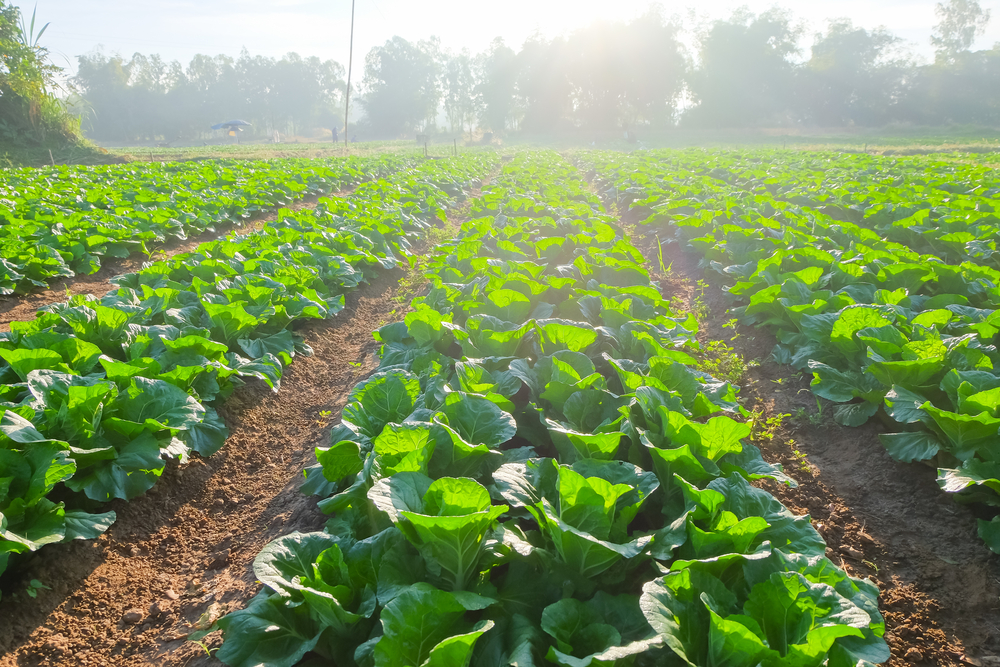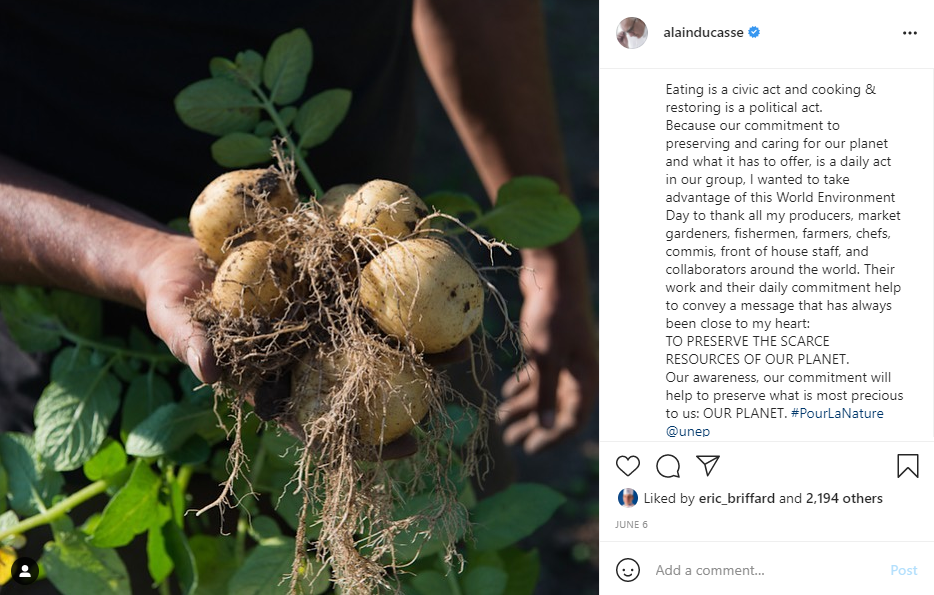Explore the importance of Sustainable Gastronomy Day and how you can contribute to a greener future.
When preparing to cook a meal, are you aware of where the ingredients have come from, how they were grown or the process from being harvested through to arriving on your plate?
French epicurean Jean Anthelme Brillat-Savarin famously defined gastronomy as the study of human nourishment, of ‘all that relates to man as a feeding animal’[1]. In 1825, Brillat-Savarin saw gastronomy as a chapter of natural history, physics, chemistry, cookery, commerce and political economy. On 18 June every year, Sustainable Gastronomy Day still celebrates gastronomy as a cultural expression of the natural and cultural diversity of the world.
The United Nations’ Sustainable Gastronomy Day raises awareness of how important responsible practices are when it comes to food production and consumption. The event promotes practices that can be continued into the future without being harmful to the environment and our health, whilst celebrating seasonal ingredients and preserving wildlife and culinary traditions. It is also the opportunity to look at some of the drivers of change trying to bring about sustainability in gastronomy through innovations, collaborative action, and promotion of responsible consumer behaviour. These agents of change are active along the entire food value chain, from producers, through chefs, food critics and home cooks, to consumers.
Across the globe, farms cover over 50 per cent of the land at the production level. This gives farmers a critical role in preserving habitats and protecting soil health and water quality. Moving goods through the different stages of the food value chain, and storing them, requires energy and resources. Production and distribution account for most of the environmental impact associated with the consumer sector, in particular greenhouse gas emissions. Reducing greenhouse gas emissions in the food supply chain is therefore a ta key measure for achieving sustainability targets, such as the United Nations’ Sustainable Development Goals[2].
Chefs are the key to a sustainable future of gastronomy, given their role in selecting products to prepare dishes, promoting innovative practices and taking responsible approaches to sourcing and cooking food. A radically innovative proposal is the move to note-by-note cooking, advocated by French physical chemist Hervé This[3]. This type of cooking builds dishes from pure compounds, like proteins and lipids, rather than meat, vegetables, and fruit. Beyond the unlimited possibilities that it offers compared to cooking with traditional ingredients, note-by-note cooking may also be a solution to sustainability challenges. Reducing the use of fruit in cooking, for example, would decrease the amount of water required for growing it and energy for transporting it.
There is also a rise in chefs promoting and leading by example with greener cooking and eating. Alain Ducasse, the first chef to have three restaurants awarded with three Michelin stars at the same time, has co-created a humanist gastronomy manifesto made up of of five articles articulating the rights and duties of all people in their relation to food. For example, article 2 of the manifesto describes the right for all to taste education and the corresponding duty to further educate their senses, learn and pass on this knowledge. In a related book, Manger est un acte citoyen (‘Eating as a political act’), Ducasse explains how the act of eating (i.e., eating certain products in certain ways) is the exercise of our power and choice to preserve or destroy our health and the planet.

